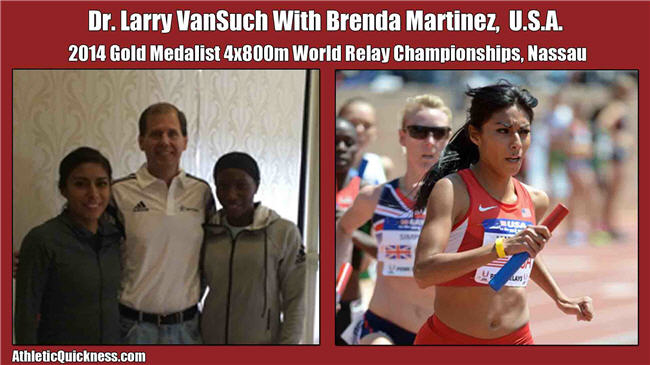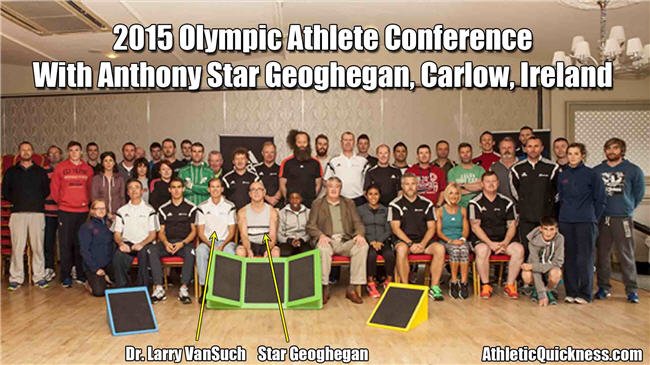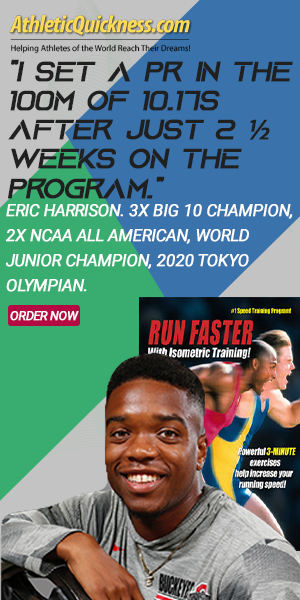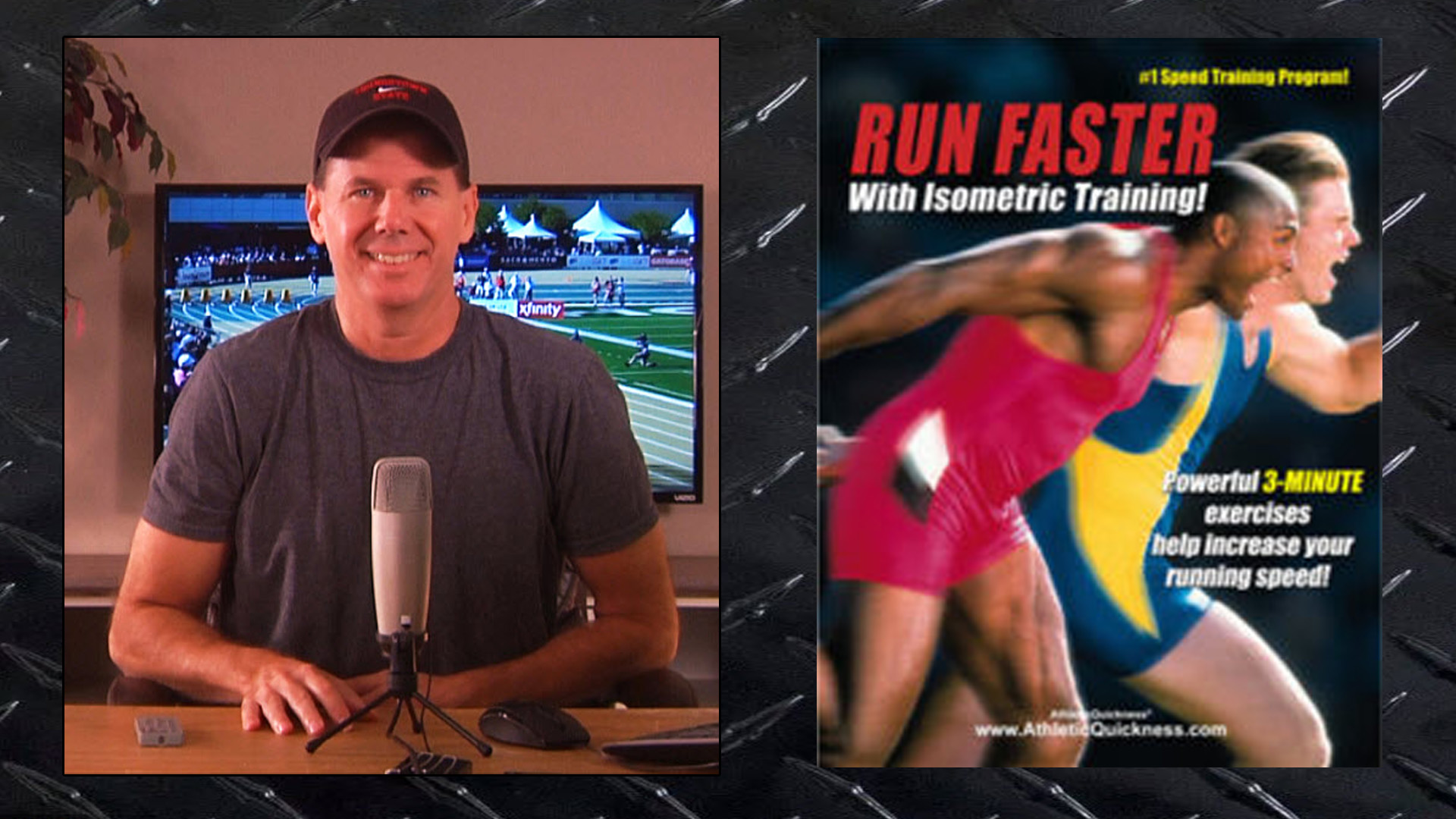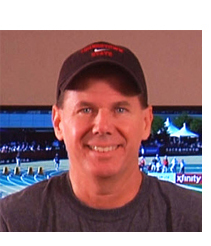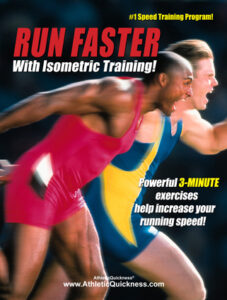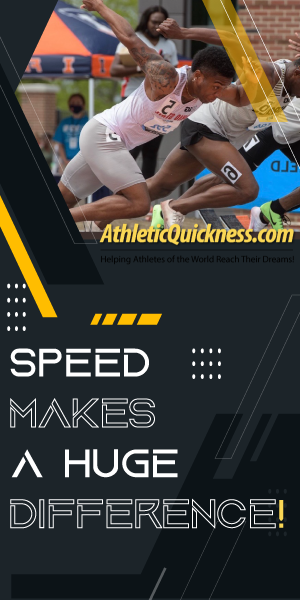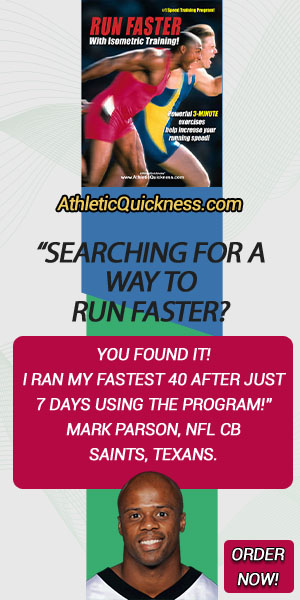Dr. Larry Van Such D.C.
Author and Developer of the Speed Training Programs
Many people have asked how I discovered this amazing technique to increase speed and quickness.
When I was a youth I wanted to get stronger and faster and play better in sports. My dream was to be able to play football in college and I was willing try different things to be a better player.
So one day I purchased an isometric training product that came with springs and traction ropes. I was sold on the idea that I could increase the size of my biceps muscles by 2 inches in just 2 weeks or I could get my money back. Much to my surprise after following the directions, my biceps muscles grew exactly 2 inches bigger! I was extremely excited!
Ever since then I have been a big advocate for this remarkable training technique and never forgot the success I had with it.
I eventually did make my college team as a kicker. The other kicker on the team turned out to by Paul Mcfadden. You may have heard of him as he was drafted by the Philadelphia Eagles and made rookie of the year in 1984 as their field goal kicker.
Then about 13 years later, I was experimenting with a new and different type of product known as the resistance band. It was around August of 1997 and I was using isometric training with the resistance band on specific muscle groups in my legs.
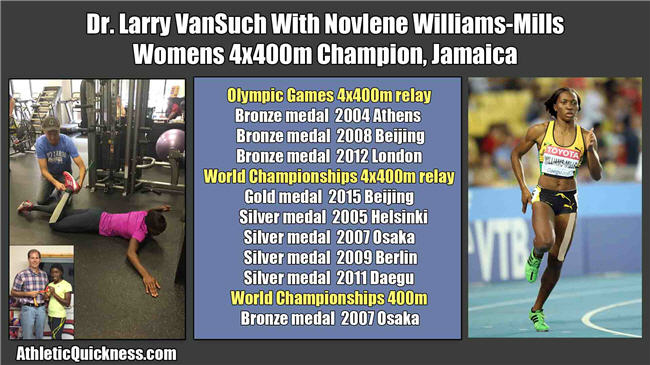
My goal was to build strength in my legs as I had just been approached to play on a competitive flag football team. Well, I applied this training strategy to every major muscle group in my legs and sure enough I got stronger and was able to re-establish a fairly good kicking leg.
But something amazing happened that I had never expected. As a normal pre-kicking routine, I would always run a few sprints and pass routes to loosen up. When I did this, I was able to sprint faster than in high school. I was able to push off with incredible power! I couldn’t believe it!
I was so impressed with my new found speed that I spent the next few days recording the exact steps I took to achieve these phenomenal results. I was already busy in my practice and wasn’t sure at first what to do with this new discovery of how to increase running speed. But then in hopes of sharing this information with other athletes I eventually sat down and wrote my first book titled Run Faster With Isometric Training.
When I tried to promote this training to coaches and trainers, there were many who were not interested in the idea. I found there was resistance to changing the way athletes were trained.
There were strength coaches who had been around for some time and only considered heavy lifting and the ‘no pain no gain’ theory as the way towards speed development.
And there were some who believed that being fast was something you were born with and couldn’t change. This belief must have come about because many athletes were just not getting faster.
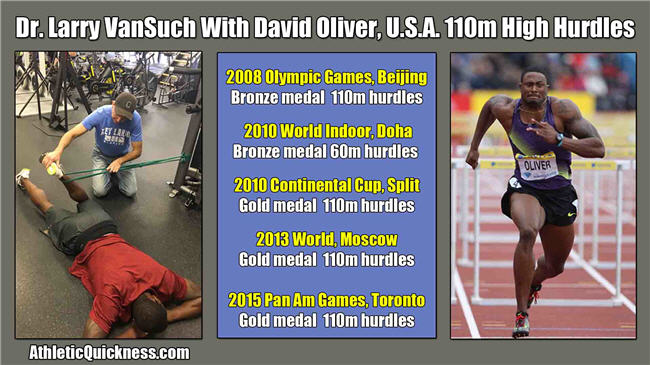
I then received an encouraging letter from an athlete in Southern California named Kenny White who had found my book and who I had never met. In the letter he said:
“I’d like to take time to really thank you for such a phenomenal program. I am experiencing immediate results from the workout. I play semi pro football and the effects that isometrics had on my speed were dramatic.”
That and many other success stories that followed encouraged me to continue promoting the Run Faster Program. Eventually I figured that if this type of training was so incredibly effective for sprinters, why wouldn’t it be effective for other athletes in their particular sport?
So, being a doctor and having a good knowledge of anatomy, and the workings of muscles, and also being an athlete as well as trained as an engineer, I set out to answer the question of why this training was so effective at increasing speed. I began looking for ways to refine the training and make sure all the muscles involved in a sports skill were being targeted to improve athletic skills in different sports.
So what you have throughout this website are these very same speed training techniques that I “stumbled” across for sprinters, only now they have been modified to help improve many other athletic skills.
These techniques have already been proven effective by thousands of athletes across the nation and in many countries around the world and I feel very confident they will do the same for you!
Now, as you can also see, I have had the distinct honor of being invited to several training facilities over the years.
In 2014, I was invited to go meet with Tony Villani of XPE Sports in Boca Raton, Florida. For those who don’t know Tony, he is a highly sought after sports trainer that professional agents send their NFL athletes to with the hope of improving their 40 yard dash times.
The higher their clients can get drafted, the more money they make, so it’s a serious business. I was asked to go there by a former athlete who worked out with Tony, his name is Thad Turner who played with the Indianapolis Colts.
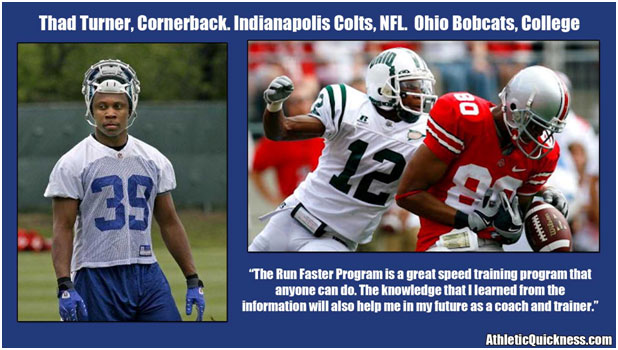
Thad said the information that I have, the same information in our books and articles on this website, is missing at the professional level. He said it was very important to him that Tony and I get together since he felt that adding my information into the existing NFL routine was a winning combination.
Sure enough, Thad was right. When I went to the training facility I observed what athletes at the highest level are doing to improve themselves. There were about 20 NFL athletes there and if you follow pro football here in the USA, you would recognize most of their names.
The routine lasted about 90 minutes and it was very good in my opinion. However, just like Thad had told me, NFL players were leaving out 50% of the training necessary to get faster with regards to the hip joint.
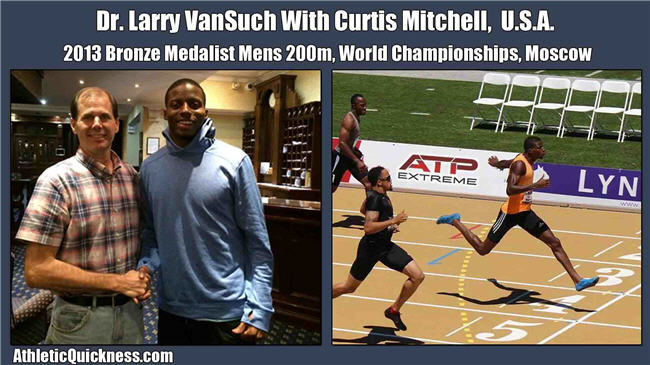
After my meeting with Tony he dedicated an area in his gym to include the training that I showed him and has been using it ever since on his athletes.
In 2015, I was invited out to Carlow, Ireland, to speak at an Olympic Athlete Seminar put on by Anthony Star Geoghegan. Star is an excellent therapist and has had much success in the field of sports injury, recovery and prevention throughout Europe. He has also had a lot of success restoring muscular imbalances in athletes which in turn helps them improve their sports performance.
To my surprise, Star Geoghegan has been following me and the information on this site for many years and has since implemented my strategies with many of the Olympic athletes you see pictured here.
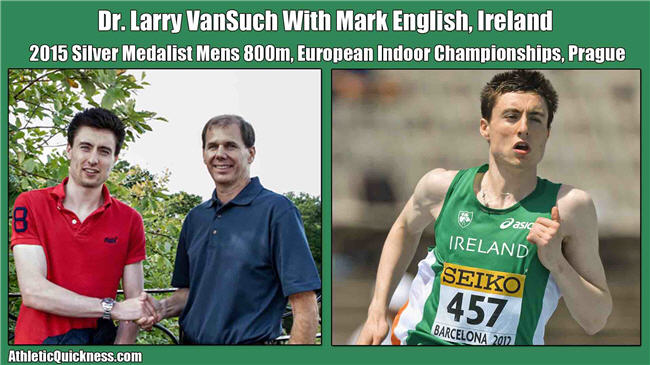
There are many other athletes, trainers and coaches along the way that have reached out to me to either share their success with our programs and/or consult with me on the best way to implement these strategies with their athletes. It’s been a privilege and honor to meet and speak with them all. I could go on but I’ll just leave it here.
So, that’s my story. The rest is up to you. Now is the time to take charge and allow this valuable information to lift you to new levels of athletic ability. All of our programs are guaranteed!
All the best to you!

Dr. Larry VanSuch is a 1986 graduate of Youngstown State University. He earned a Bachelors Degree in Engineering, majoring in electrical engineering with a minor in mathematics. In 1994, Dr. VanSuch received his Doctor of Chiropractic Degree and graduated Magna Cum Laude from the Cleveland Chiropractic College in Kansas City, Missouri. Dr. VanSuch is currently in private practice in Columbus, Ohio.
